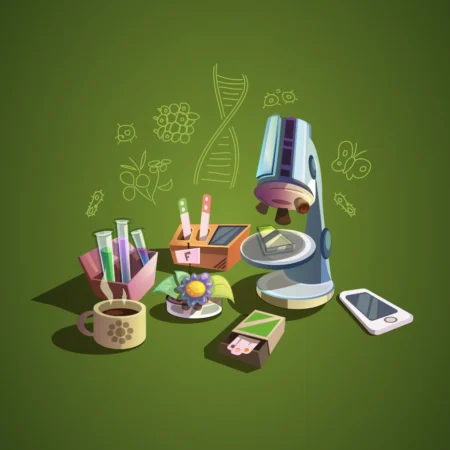Browsing: Organ Systems
Organ systems are groups of specialized organs that work together to perform complex functions essential for the survival and well-being of multicellular organisms. Each system is composed of multiple organs, each with specific roles that contribute to a common purpose. For example, the digestive system includes the stomach, intestines, liver, and other organs that cooperate to break down food and absorb nutrients. Similarly, the circulatory system, which includes the heart, blood vessels, and blood, is responsible for transporting oxygen, nutrients, and waste products throughout the body.
These systems are not isolated; they are highly interconnected and depend on one another to maintain homeostasis. For instance, the respiratory system supplies oxygen to the circulatory system, which in turn delivers it to every cell in the body. Meanwhile, the nervous and endocrine systems act as command centers, coordinating the activities of other systems through electrical impulses and hormones. This integration allows for smooth operation of body processes, enabling organisms to respond to internal and external changes with remarkable precision and adaptability.



